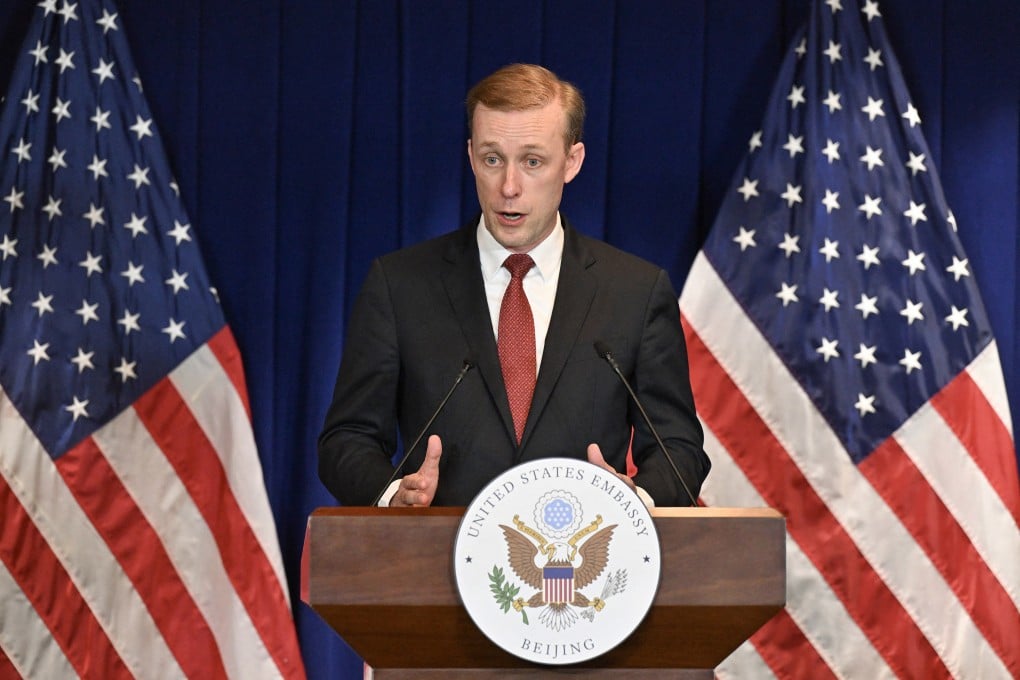My Take | China’s only friend from bitter US may be ‘small yard, high fence’
Things could yet get a lot worse, such as Washington committing to full-scale decoupling, which would have unimaginable consequences

People wonder why Beijing bothered to receive US National Security Adviser Jake Sullivan, even letting him meet President Xi Jinping. He is, after all, from a lame-duck administration. And while US Vice-President Kamala Harris may yet win in November, and she has said she will keep the current national security priorities, the smart money is that her current national security adviser Phil Gordon, a veteran diplomat who has held mid-level to senior posts in several Democratic administrations, will be handed the top job.
One reason for Beijing to still take Sullivan seriously may be the recognition that the hated national security policy often labelled as “small yard, high fence” – and which is most closely associated with Sullivan – may be the best a hostile America can offer China.
Yu Yongding, a former adviser to China’s central bank, is no doubt right that “small yard, high fence” is counterproductive and a “lose-lose” proposition for both countries. He made the criticism at the Bund Summit in Shanghai this week. However, things can still get a lot worse, such as Washington committing to full-scale economic decoupling, with consequences that would be quite unimaginable, not only for China but the world economy itself.
In a late 2022 speech, Sullivan defined “small yard, high fence” as “protecting critical technologies from China”.
“Chokepoints for foundational technologies have to be inside that yard, and the fence has to be high – because our strategic competitors should not be able to exploit American and allied technologies to undermine American and allied security,” he said.
Not long before that, top hawkish politicians in Washington and Brussels were talking alarmingly about decoupling from China and severing key Chinese supply chains from their economies. All that abruptly stopped after better informed technocrats in their offices, among them Sullivan, told their bosses that in a highly integrated world economy, that was just not possible, at least if you wanted to avoid damaging your own economies.
Sullivan openly acknowledged this point in another speech made in April last year.
